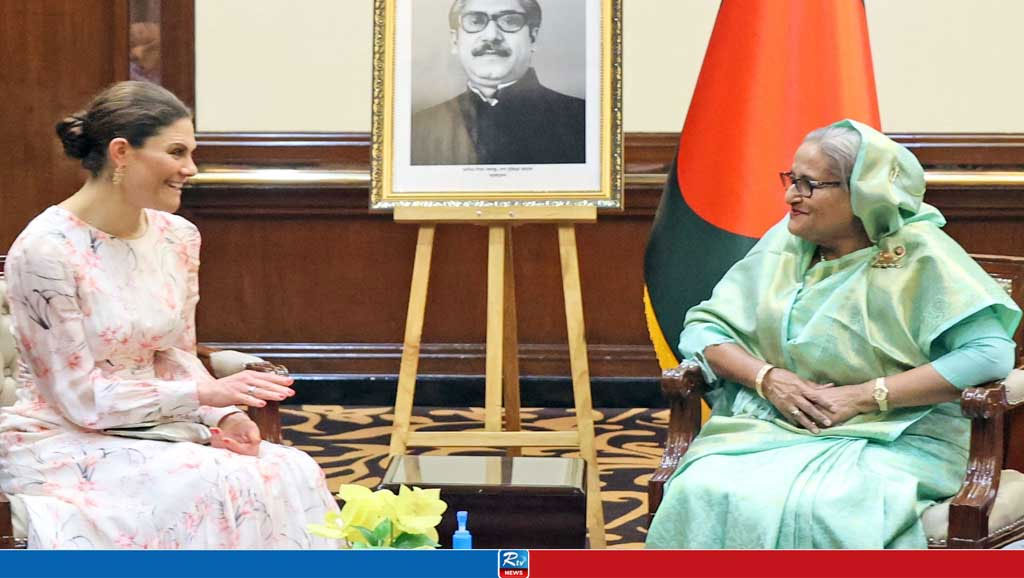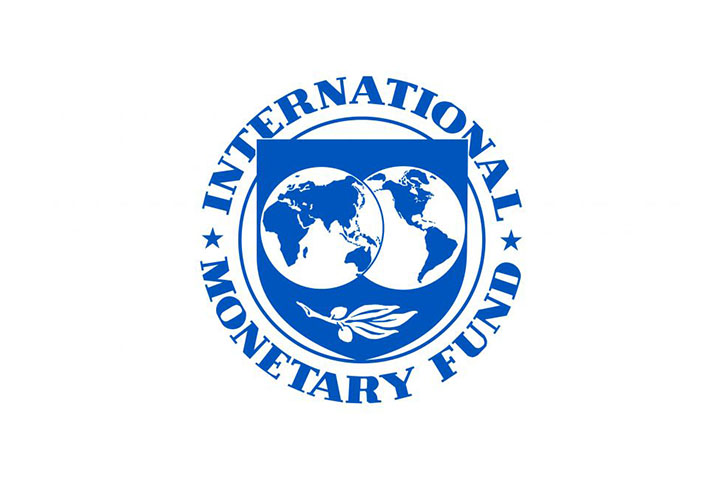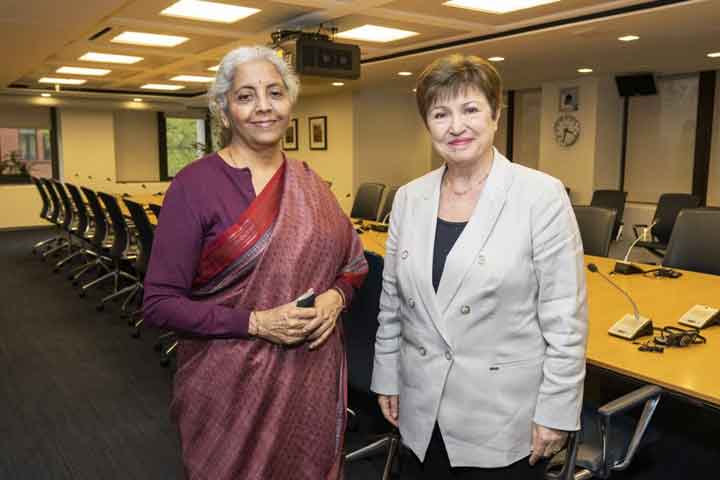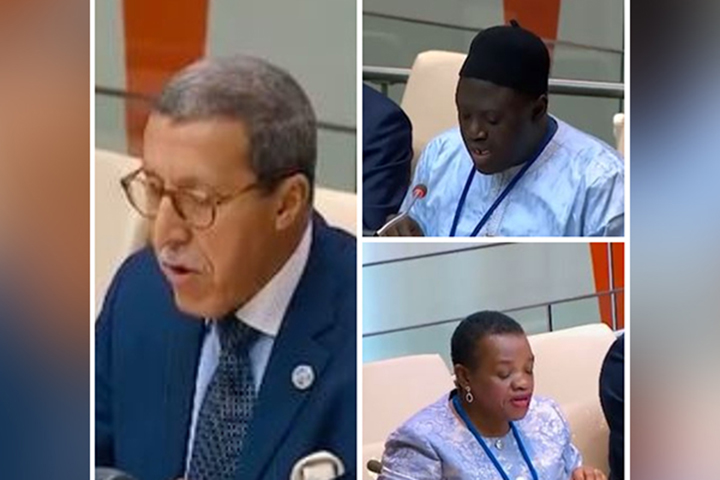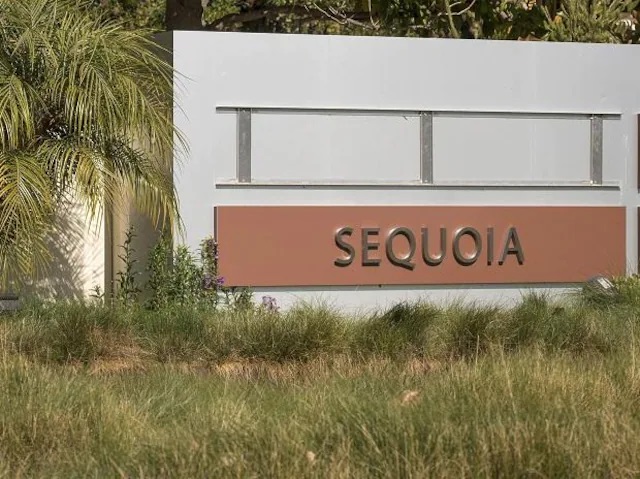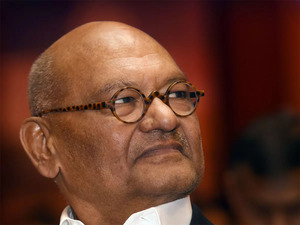IMF pins hopes on India for global economic revival
IMF predicts 5.9 per cent growth for India. The country continues to remain a relative “bright spot” in the world economy, and will alone contribute 15 per cent of the global growth in 2023, International Monetary Fund (IMF) Managing Director Kristalina Georgieva said a couple of months back.
The International Monetary Fund in its much-awaited World Economic Outlook report ‘A Rocky Recovery’ predicted that India would grow 5.9 per cent this year. The IMF maintained an optimistic outlook on India. This projected growth is propelled by the rich demographic dividend of the country and people’s growing income and propensity to consume.
“We realised that 2020-2021 has been actually a lot better than we thought,” IMF economist Daniel Leigh said at a press briefing, responding to a question from The Hindu. The growth numbers were released as part of the World Economic Outlook (WEO): A Rocky Recovery report, launched at the start of the World Bank and IMF Spring Meetings in Washington DC.
“And so actually, there’s less room for catching up,” Mr. Leigh said. For the fiscal year which ended March 31, the IMF had estimated a 6.8 per cent growth rate for India.
“And that pent-up demand, from consumption that was informing our previous forecast, is going to be less because they’ve already had more catching up before,” Mr Leigh said.
“Again, a very strong economy, which is necessary to allow India to continue to converge towards higher living standards and create those jobs that are necessary,” said Mr Leigh. The Hindu had asked about the outlook for jobs and employment.
Global output growth is projected by the IMF to slow to 2.8 per cent in 2023 (calendar year), picking up to 3 per cent in 2024.
India continues to remain a relative “bright spot” in the world economy, and will alone contribute 15 per cent of the global growth in 2023, International Monetary Fund (IMF) Managing Director Kristalina Georgieva said a couple of months back.
While digitisation pulled out the world’s fifth-largest economy from pandemic lows, prudent fiscal policy and significant financing for capital investments provided in the next year’s Budget will help sustain the growth momentum.
“India’s performance has been quite impressive. For this year, we expect India to retain a high growth rate, 6.8 per cent for the year that ends in March. For FY 2023/24 (April 2023 to March 2024) we project 6.1 per cent, a bit of slow down like the rest of the world economy, but way above the global average. And in that way, India is providing about 15 per cent of global growth in 2023,” Ms Georgieva told PTI in an interview.
To compare the quantitative impact of different forces, the study relied on a macroeconomic model (PP) based on Platzer and Peruffo (2022)
PP is a “real” macroeconomic model, in the sense that it abstracts from nominal and financial frictions that typically underlie cyclical fluctuations. Similarly, for tractability, uncertainty is assumed away. While these are reasonable assumptions for the study of medium- to long-term trends in the real interest rate, the model is ill-equipped to analyze the impact of the financial drivers discussed earlier.
Nonetheless, PP still allows for foreign developments to affect domestic interest rates through their implication for net international capital flows. PP is calibrated to represent eight major global economies: the United States, Japan, Germany, the United Kingdom, France, China, India, and Brazil. These are the five largest advanced economies and the three largest emerging market and developing economies, which cover some 70 per cent of global GDP.
Demographic developments, the age-earning profile, the share of income going to the richest 10 per cent, productivity trends, the retirement age, average pension replacement rates, labour share, government debt, and public expenditure inform the country-specific calibrations.
India’s real GDP growth rates are calculated as per national accounts: for 1998–2011 with the base year 2004/05 and, thereafter, with the base year 2011/12.
The WEF paper ‘A Rocky Recovery’ clarified that the projections are based on available information on the authorities’ fiscal plans, with adjustments for the IMF staff’s assumptions. Subnational data are incorporated with a lag of up to one year; general government data are thus finalised well after central government data.
IMF and Indian presentations differ, particularly regarding disinvestment and license-auction proceeds, net versus gross recording of revenues in certain minor categories, and some public sector lending.
Starting with FY2020/21 data, expenditure also includes the off-budget component of food subsidies, consistent with the revised treatment of food subsidies in the budget. The IMF staff adjusts expenditures to take out payments for previous years’ food subsidies, which are included as expenditures in budget estimates for FY2020/21.
Monetary policy projections are consistent with achieving the Reserve Bank of India’s inflation target over the medium term, despite a recent uptick.
06 May 2023,13:22




















 Live Tv
Live Tv
